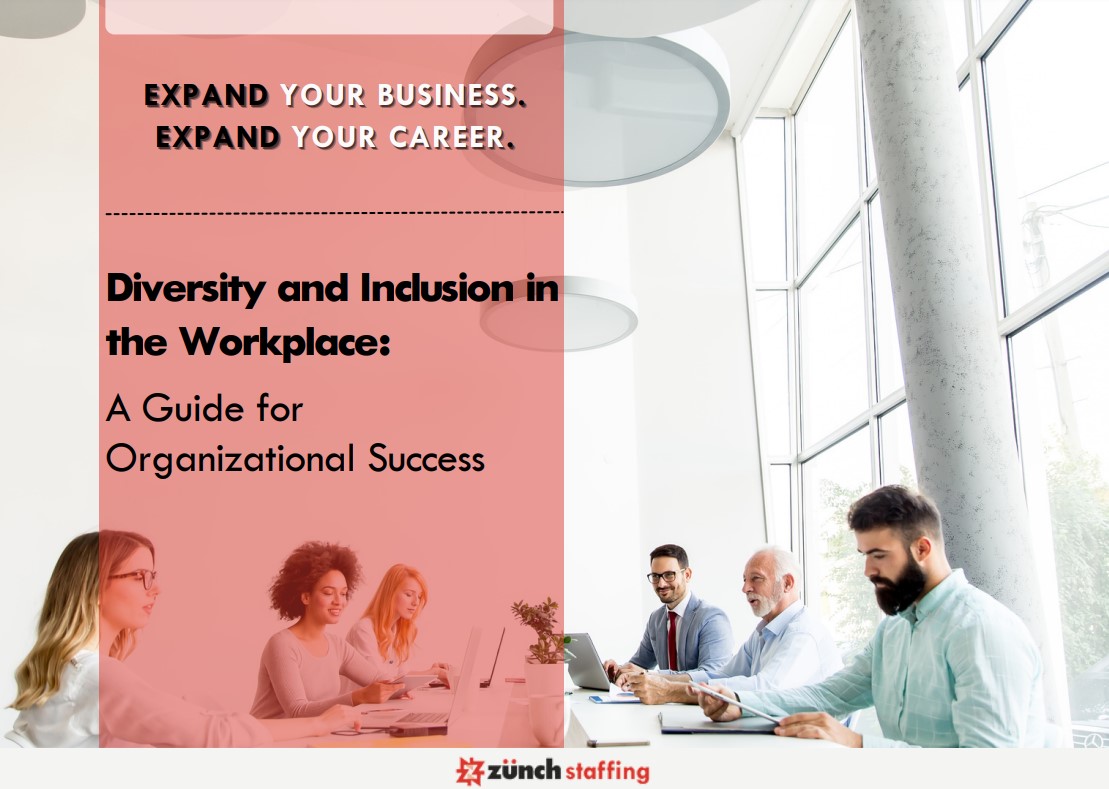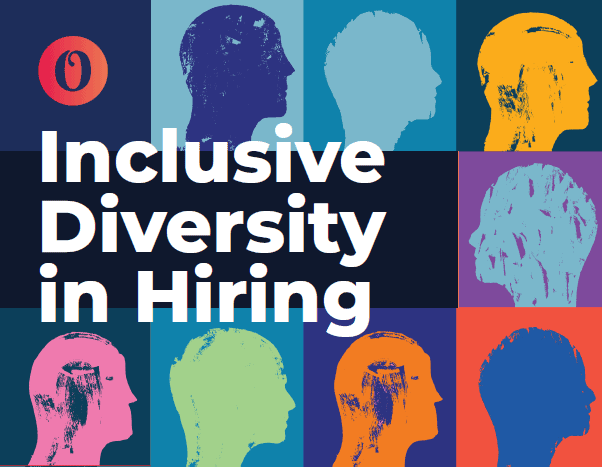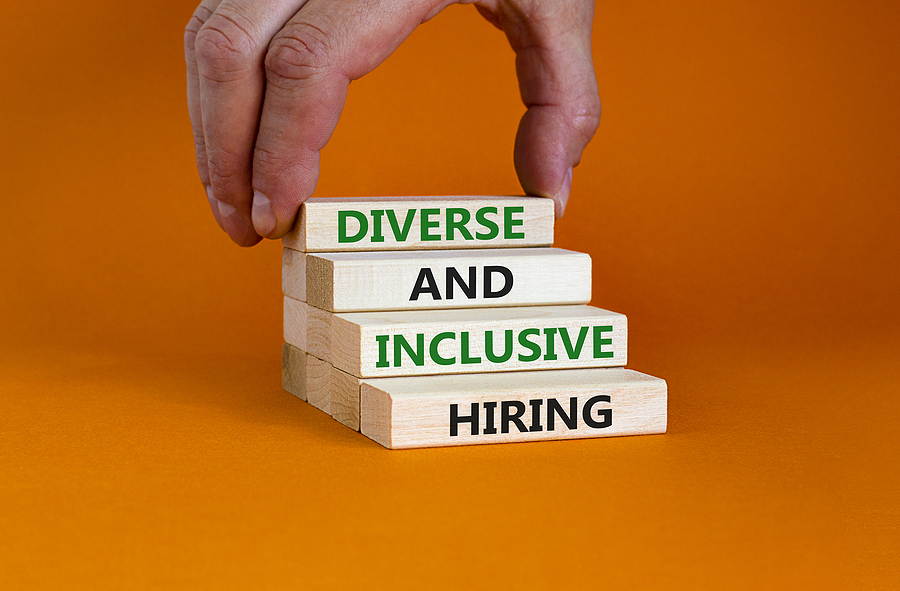Diverse Staffing: Inclusive Employment Solutions Across Industries

Did you know that companies with diverse management teams have 19% higher revenue compared to their less diverse counterparts? This statistic underscores a crucial point: diversity isn't just a buzzword; it's a business imperative.
We will explore diverse staffing and inclusive employment solutions across various industries. These strategies can help you build a more resilient, innovative, and ultimately, more successful organization.
Why Diverse Staffing Matters
Why should businesses prioritize diverse staffing? Beyond fulfilling ethical obligations, it directly impacts the bottom line.
A homogenous workforce limits perspective and innovation. Different backgrounds bring unique insights and problem-solving approaches.
Consider this: diverse teams are better at understanding and serving diverse customer bases. This translates into increased market share and customer loyalty.
Furthermore, companies known for their commitment to diversity attract and retain top talent. In a competitive job market, this is a significant advantage.
Attracting Diverse Talent
Attracting a diverse pool of candidates requires a strategic approach. Start by reviewing your current recruitment practices.
Are your job descriptions inclusive and accessible to all? Do you advertise in diverse publications and online platforms?
Consider partnering with organizations that specialize in connecting employers with underrepresented groups. This expands your reach and demonstrates your commitment.
Blind resume screening, where identifying information is removed, can help mitigate unconscious bias during the initial screening process.
Creating an Inclusive Workplace
Attracting diverse talent is only half the battle. Creating an inclusive workplace is essential for retaining and engaging employees.
Inclusion means ensuring that everyone feels valued, respected, and has equal opportunities to succeed. This requires a conscious effort to foster a culture of belonging.
Implement diversity and inclusion training programs for all employees. These programs can raise awareness about unconscious bias, promote empathy, and equip employees with the skills to navigate diverse interactions effectively.
Establish employee resource groups (ERGs). ERGs provide a platform for employees from similar backgrounds or with shared interests to connect, share experiences, and advocate for change.
Addressing Potential Challenges
Implementing diverse staffing initiatives may present some challenges. Resistance to change and unconscious bias are common hurdles.
Open and honest communication is crucial. Address concerns directly and explain the rationale behind the changes.
Data transparency can help track progress and identify areas for improvement. Regularly review diversity metrics and share the results with employees.
Diverse Staffing Across Industries
Diverse staffing strategies can be adapted to suit the specific needs of different industries. Let's examine a few examples.
Technology
The technology industry has faced criticism for its lack of diversity. Initiatives such as coding bootcamps for underrepresented groups and mentorship programs can help bridge the gap.
Companies like Intel have publicly committed to increasing diversity in their workforce and leadership teams. They've invested heavily in STEM education for women and minorities.
Healthcare
A diverse healthcare workforce can improve patient outcomes. Patients are more likely to trust and engage with healthcare providers who understand their cultural background and language.
Hospitals and clinics can partner with community organizations to recruit bilingual and bicultural staff. They should also provide cultural competency training for all employees.
Manufacturing
The manufacturing industry can benefit from attracting a wider range of skills and perspectives. Apprenticeship programs and partnerships with vocational schools can help reach underrepresented groups.
Creating a more inclusive work environment can also help retain skilled workers. This may involve addressing issues such as gender bias in traditionally male-dominated roles.
Conclusion
Diverse staffing is not just a social responsibility; it's a strategic advantage. By embracing inclusive employment solutions, businesses can unlock innovation, improve performance, and build a more resilient organization. "Embracing diversity is not just about ticking boxes; it's about creating a richer, more innovative, and ultimately, more successful business," affirms Josh Bersin of the Josh Bersin Company (Bersin, 2023).
Start small, be intentional, and track your progress. The journey towards a more diverse and inclusive workplace is an ongoing process, but the rewards are well worth the effort.
By prioritizing diversity and inclusion, you can create a workplace where everyone feels valued and empowered to contribute their best work.
Remember, a diverse workforce is a stronger workforce.
Source: Bersin, J. (2023). The Irresistible Organization: Why Attracting, Retaining, and Engaging Talent is Critical for Business Success. Deloitte Insights.











.jpg_01.jpeg)






